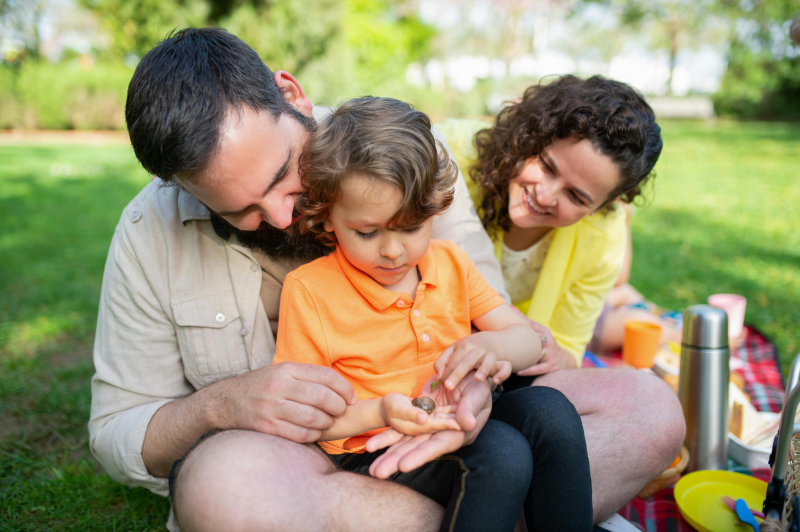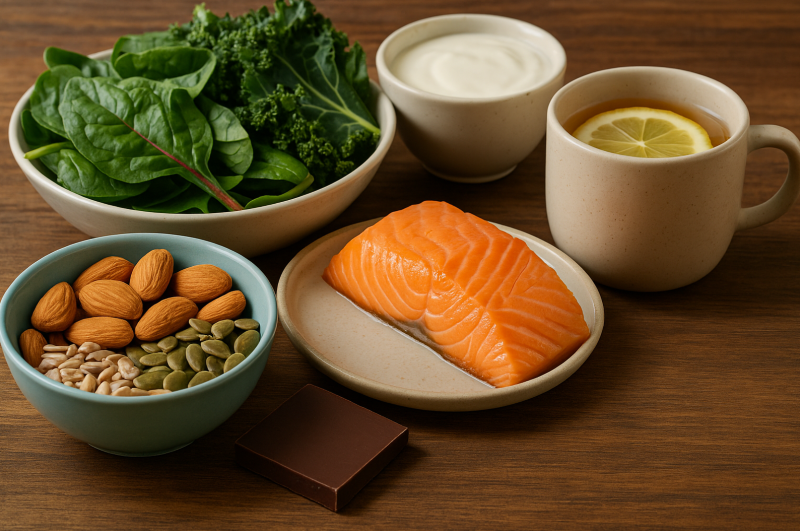
Cooking for loved ones doesn’t have to feel like pressure. With a few shifts, it can become a small act of care—for them and for you.
By Sergio Toledo
Editor-in-Chief, Heed to Heal
Introduction
Cooking for your family sounds simple enough.
But anyone who’s done it regularly knows it’s more than just preparing food—it can feel like an emotional performance. Trying to please everyone’s tastes. Navigating unspoken expectations. Balancing tradition with your own style.
Sometimes, cooking for loved ones feels nourishing. Other times, it feels like a quiet obligation that leaves you burnt out.
But there’s a way to shift the energy. With some mindfulness and boundaries, cooking for your family can move from chore to connection.
Why It Feels Heavy Sometimes
Meals carry history. A dish your sibling loves might remind them of childhood. A food your parent dislikes might trigger tension. You might feel pressure to get it just right, especially if you grew up in a household where food was tied to approval, mood, or control.
And even if you like to cook, it can still feel exhausting when:
- You’re the only one doing it
- Your efforts go unacknowledged
- You feel responsible for everyone’s happiness at the table
Cooking becomes more than food. It becomes emotional labor.
Soft Ways to Make It Feel Better
You don’t have to reinvent your relationship with food overnight. But a few gentle changes can make a difference:
- Cook something you enjoy eating or making. Your happiness matters too.
- Let go of the need to impress. It’s okay to serve simple meals made with love.
- Invite others in. A sibling can prep veggies. A parent can set the table. Connection starts in the process, not just the product.
- Use shortcuts when you need to. Frozen ingredients, meal kits, or pre-prepped sauces don’t make your food less “real.”
- Create your own rituals. Maybe it’s playing music while you cook or lighting a candle on the table. Small touches can bring joy back into the act.
It’s Okay to Set Limits
You are not a personal chef.
You don’t have to make five different things to please everyone.
You don’t have to say yes every time someone’s hungry.
Setting boundaries around when and how you cook isn’t selfish—it’s sustainable. Overextending yourself can lead to resentment, which no one wants to eat.
And if you need rest, that doesn’t make you lazy.
Choosing joy, energy, or ease over obligation is not about avoiding effort—it’s about valuing your well-being. Your happiness matters, too. And when you’re more at ease, everyone at the table feels it.
If you need to take a break, say so. If you’d rather order takeout this week, that’s valid too.
Final Thoughts
Food is love—but love doesn’t mean over-functioning.
Cooking for family can be an act of care, not self-sacrifice. When you include yourself in the equation—your time, energy, and joy—it becomes a shared experience, not a solo performance.
So whether it’s a home-cooked meal or something simple from the freezer, it still counts. You still count.
References:
- Pollan, M. (2006). The Omnivore’s Dilemma: A Natural History of Four Meals. Penguin Press.
- Abel, E. (2014). The Emotional Power of Food and Family. Greater Good Science Center.
- Neff, K. (2011). Self-Compassion: The Proven Power of Being Kind to Yourself.
- Fiese, B. H., et al. (2002). “Family mealtime rituals and routines: A context for development and socialization.” Infants & Young Children, 15(2), 93–104.
Originally published by Heed to Heal, 07.16.2025, under the terms of a Creative Commons Attribution-NonCommercial-NoDerivatives 4.0 International license.







